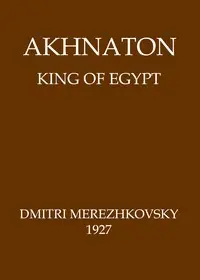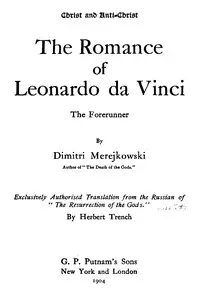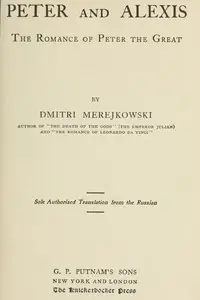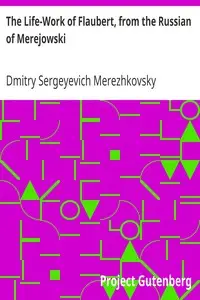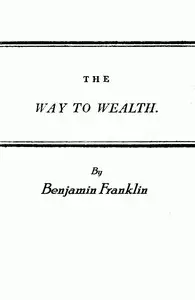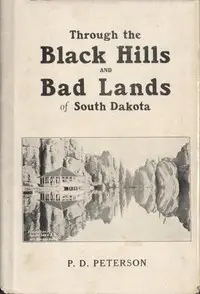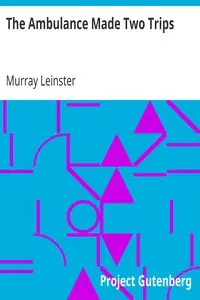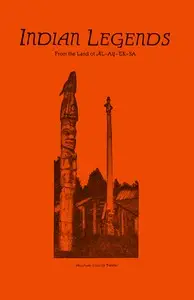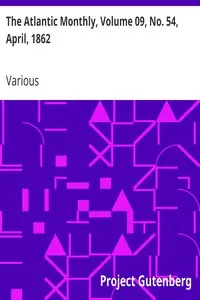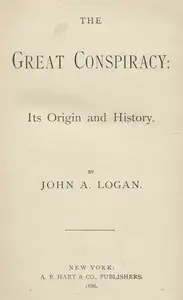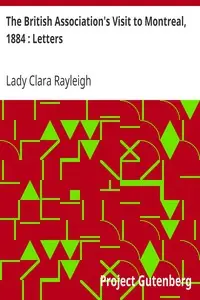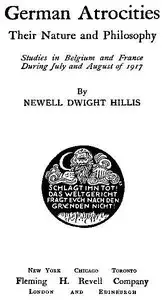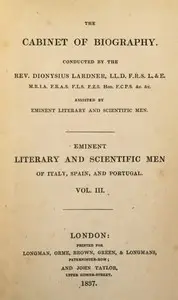"The Death of the Gods" by Dmitry Sergeyevich Merezhkovsky is a historical novel written in the late 19th century. The narrative revolves around the life of Roman Emperor Julian the Apostate in the 4th century A.D., who sought to re-establish the ancient Pagan religion in a newly Christianized empire. The work explores the philosophical and spiritual conflict between Paganism and Christianity, revealing deeply ingrained human desires and struggles for meaning in a rapidly changing world. The opening of the novel introduces a warm spring near Caesarea, once dedicated to ancient deities, now associated with Christian saints. Here, we meet Marcus Scuda, a Roman tribune, who is discontent with his stagnating life and seeks to regain favor with the Prefect Helvidius. Scuda concocts a plan to rescue Julian and Gallus, the imprisoned heirs of the imperial family and potential challengers to the current emperor, Constantius. This sets the stage for a broader exploration of Julian's life, character, and his impending struggles against the tides of faith and history. The rich detail of the setting and interactions establishes the dramatic tone of a story interwoven with historical depth and personal ambition. (This is an automatically generated summary.)
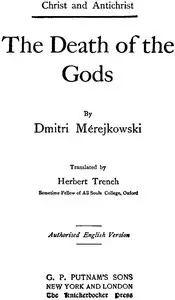
The Death of the Gods (Christ and Antichrist, 1 of 3)
By Dmitry Sergeyevich Merezhkovsky
"The Death of the Gods" by Dmitry Sergeyevich Merezhkovsky is a historical novel written in the late 19th century. The narrative revolves around the l...
Dmitry Sergeyevich Merezhkovsky was a Russian novelist, poet, religious thinker, and literary critic. A seminal figure of the Silver Age of Russian Poetry, regarded as a co-founder of the Symbolist movement, Merezhkovsky – with his wife, the poet Zinaida Gippius – was twice forced into political exile. During his second exile (1918–1941) he continued publishing successful novels and gained recognition as a critic of the Soviet Union. Known both as a self-styled religious prophet with his own slant on apocalyptic Christianity, and as the author of philosophical historical novels which combined fervent idealism with literary innovation, Merezhkovsky became a nine-time nominee for the Nobel Prize in literature, which he came closest to winning in 1933. However, due to contested claims that he expressed regard for Fascism as a lesser evil than Communism during the outbreak of war between Germany and the USSR shortly prior to his death, his work largely fell into neglect after World War II.

